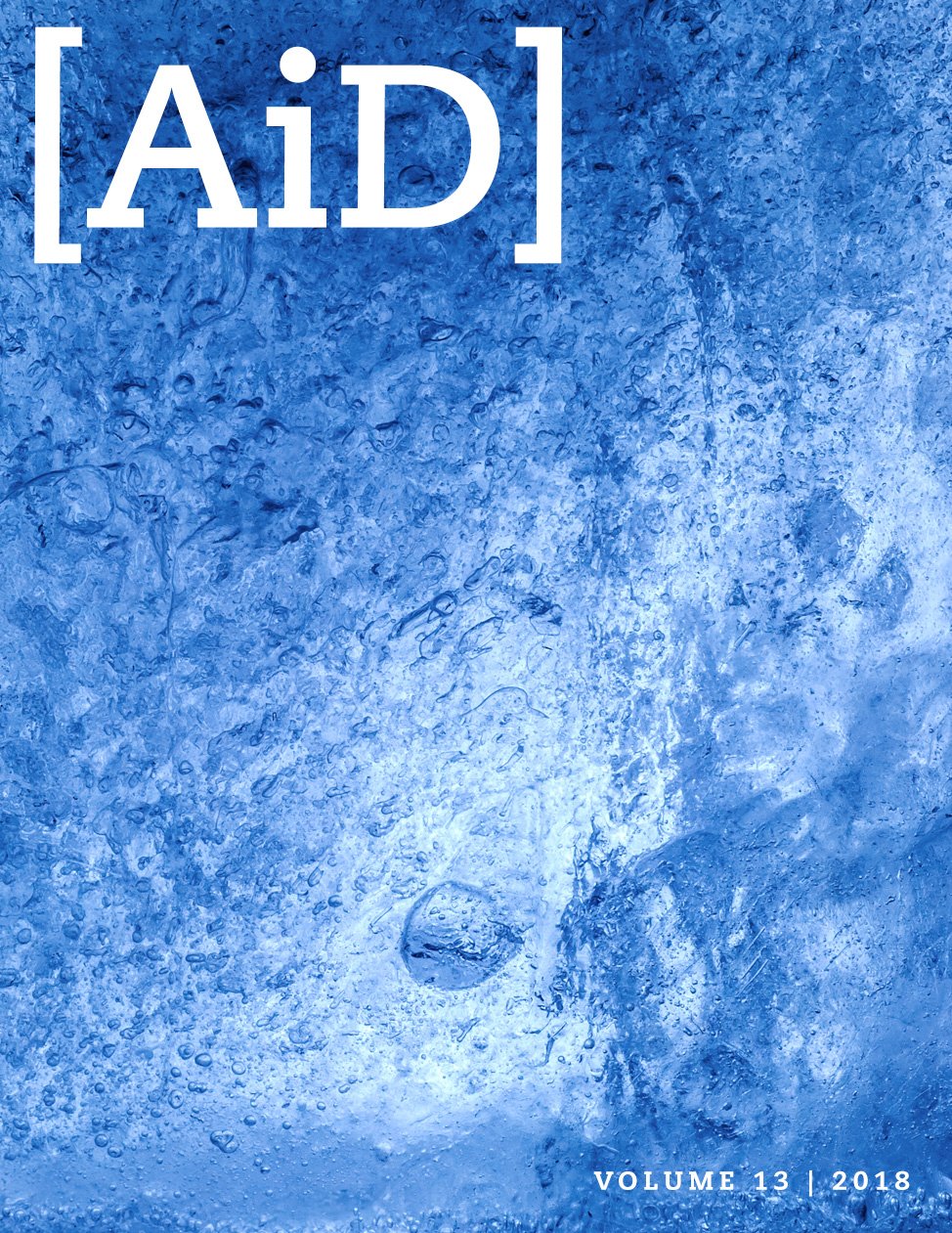
Noah’s Ark on a Microscopic Scale
Abstract
References to Noah’s Ark abound in the culture and even have been used to describe recent efforts to store strains of microbes (instead of animals). Here, I consider the ramifications of what it means to have an ark of microbes, whether it is biblical or not, and how to move forward with this concept. A special emphasis is placed on what these scientists do that is right and what is wrong.
The full size of Noah’s ark was three hundred cubits by fifty cubits by thirty cubits (Genesis 6:15). The cubit is a unit of measurement commonly used by ancient cultures in and around the Middle East. It varied from culture to culture because it is the distance of a man’s elbow to the tip of his longest finger. A royal cubit added the width of four fingers to the cubit. The long cubit used for the design of the Ark Encounter is 20.4 inches, making the size of the Ark Encounter 510 feet by 85 feet by 51 feet. The ark had to be as big as it was to fit representatives of all the land-dwelling, air-breathing animal kinds in the world to survive the flood (i.e., not the bathtub version of the ark). But there has been a recent move to create another ark of a different kind: the microbial kind.1
Quick facts:
- While Noah’s ark was a massive structure for carrying all land-dwelling animals, the “Noah’s ark” for microbes is not necessarily as large.
- Scientists store microbes for clinical and research-related reasons.
- Just because probiotics (beneficial microbes) are popular does not mean that they are scientifically verified yet.
- Adoptions occur most prominently in birds, but appear in mammals, fish, and invertebrates as well.
- Noah’s microbiome was complex and rich in diversity for carrying the microbes necessary through the flood.
The Elephant in the Room
Instead of building a large structure to house animals, this ark would be constructed to house microbes. It is not commonly thought of, but researchers often collect strains of bacteria and store them in their research labs. But the worrisome thing about storing all the bacteria in a research lab is the scenario where a long-term freezer breaks or goes down because of a lack of electricity. All the strains stored in that freezer will go bad and the scientist will lose many precious samples. Not only is this true for scientists but also for medical doctors. A recent technology that has revolutionized gastroenterology (the study of the gut) is fecal transplants. The sick individual has some problem with their normal gut microbiota and cannot restore health on his/her own. The healthy feces from another person are used to restore the bacteria that were once a part of the sick person’s normal microbiota. While it sounds awful, the practice has been able to cure some particularly noxious diseases like Clostridium dificile (aka C-dif).2
Creating what some recent scientists are referring to as an “ark of microbes”3 (a collaborative global safe-house repository of primarily beneficial microbes to be kept from mishaps that could eradicate a desirable strain; as such, this “ark” would allow for microbial repopulation, reminiscent of recovery after the Noachian flood) has two important considerations. First, scientists would no longer have to worry about losing precious samples that they’ve spent years collecting. Second, medical doctors would be able to archive the healthy samples for use in sick patients. The process of selecting samples for archiving can take years of attention that all could be lost easily with one bad turn of events.
The process of selecting samples for archiving can take years of attention that all could be lost easily with one bad turn of events.
But Who Cares About Your Micro-Bio-What’s-It
The reason for saving research samples is fairly clear, but there has been some interesting discussion about why to save clinical specimens. Some have argued it is important to establish what a healthy microbiota is today for future use. Building the repository is only a start, but this has far-reaching implications relating back to the observation that we have become more urbanized as a worldwide society. With that urbanization have come significant changes to our diet and to our stress levels, all of which contribute heavily to the microbiome we carry (microbiome is the word used to describe all the microbes for a given location or person).4
Noah’s Ark for Microbes
The people pushing for this “Noah’s ark” for microbes have been influenced by studies suggesting that different gut microbiomes exist (for example). As a result, they are going to third-world countries beyond the influence of civilization and culturing the microbiome of people from the bush. The idea is that the people from the bush are “primitive” with their diet and stress levels, leading to a more robust gut microbiome. Let’s examine this kind of thinking, which has some good ideas and some bad. 5
There is a strong assumption that the diet that these bush people consume is actually better for you. The scientific research on this data is conflicting at best and is not fully conclusive yet. For example, there was a researcher living out in the bush working on establishing whether he can change his normal gut microbiome to mimic what the bush people have by way of changing what he eats.6 He was expecting to experience better overall health with this different microbiome. From all reports seen, there was no clinical benefit to his health.
Even if going to the bush were like taking a step back in time, which they assume is helpful in and of itself, there are some major problems. There might be microbes living in bush people that no longer live inside of urbanized humans for good reason. Consider that the number of worms living inside of humans in third world countries is high. In a lot of ways, the idea tries to get specialized microbes for a diet that urban people don’t eat, and potentially even illnesses, from these bush people to infect urbanized people and have that microbiome colonize us without a comparative change in diet. From my many years of research into intestinal health, I think that this is unlikely to be helpful.

What Was Noah’s Microbiome?
With this genetic entropy, strains of bacteria have probably been lost as part of our microbiome.
In all actuality, our microbiome today was probably significantly different from the microbiome that Noah and his family had while on the ark. First of all, Noah and his family were vegetarians going into the ark,7 and we have determined that there are differences between vegetarians and carnivores in their microbiomes. Secondly, the number of microbes was likely higher because there was no ceremonial law in place for bathing and proper hygiene yet (instituted in Leviticus). I’m not saying that Noah and his family were slovenly, but their hygiene was likely less than desirable by today’s standards. Third, the number of microbes is probably now lower because of genetic entropy. The idea of genetic entropy states that originally all genomes were very good, but have decayed over time.8 Genetic entropy has also impacted the genomes of the microbes we carry with us. So the genomes of the original, very good microbiome have been affected by mutation and have rendered the microbes less fit for colonization of the intestine. With this genetic entropy, strains of bacteria have probably been lost as part of our microbiome.
Conclusions
So do I think that it is a good idea to set up this “Noah’s ark” for microbes? Absolutely. However, I do not think it is wise to deposit strains in there without much consideration. We still have a lot of questions about how the microbiome is organized into something healthy, and it is important to answer those questions first before jumping into storing ones just from third-world countries. In the least, this can be another area of active research to uncover what it is that makes us healthy. The cool thing about this research is that these secular scientists are using biblical ideas to make a successful project. I think anything at least based on aspects of God’s Word will not return totally void, so their efforts will likely be fruitful.
Footnotes
- Melody Schreiber, “A Frozen Idea To Save Helpful Germs From Disasters,” NPR, October 4, 2018, https://www.npr.org/sections/goatsandsoda/2018/10/04/654492203/proposal-lets-create-a-frozen-noah-s-ark-for-helpful-germs.
- J. S. Bakken et al., “Treating Clostridium difficile Infection with Fecal Microbiota Transplantation,” Clinical Gastroenterology and Hepatology 9, no. 12 (2011): 1044–1049, doi:10.1016/j.cgh.2011.08.014.
- Rutgers University, “Scientists Call for Microbial ‘Noah’s Ark’ to Protect Global Health,” Science News, October 4, 2018, https://www.sciencedaily.com/releases/2018/10/181004143954.htm.
- Lawrence A. David et al., “Diet Rapidly and Reproducibly Alters the Human Gut Microbiome,” Nature 505, no. 7484 (January 23 2014): 559–633, doi:10.1038/nature12820; and S. M. Collins, M. Surette, and P. Bercik, “The Interplay Between the Intestinal Microbiota and the Brain,” Nature Reviews Microbiology 10, no. 11 (November 2012): 735–742, doi:10.1038/nrmicro2876.
- Michaeleen Doucleff, “Is The Secret to a Healthier Microbiome Hidden in the Hadza Diet?,” NPR, August 24, 2017, https://www.npr.org/sections/goatsandsoda/2017/08/24/545631521/is-the-secret-to-a-healthier-microbiome-hidden-in-the-hadza-diet.
- Tim Spector, “I spent three days as a hunter-gatherer to see if it would improve my gut health,” The Conversation, June 30, 2017, http://theconversation.com/i-spent-three-days-as-a-hunter-gatherer-to-see-if-it-would-improve-my-gut-health-78773.
- Genesis 1:29 teaches that our diet was vegetarian originally. Only when we get to Genesis 9:3–4 do we see that Noah’s diet changed from vegetarian to an omnivore.
- The idea for this genetic entropy affecting the modern gut microbiome is also hinted at in the primary literature by others. For example, consider the aforementioned news article discussing gastrointestinal health: Doucleff, “Is The Secret to a Healthier Microbiome Hidden in the Hadza Diet?”
Recommended Resources

Answers in Genesis is an apologetics ministry, dedicated to helping Christians defend their faith and proclaim the good news of Jesus Christ.
- Customer Service 800.778.3390
- Available Monday–Friday | 9 AM–5 PM ET
- © 2026 Answers in Genesis



